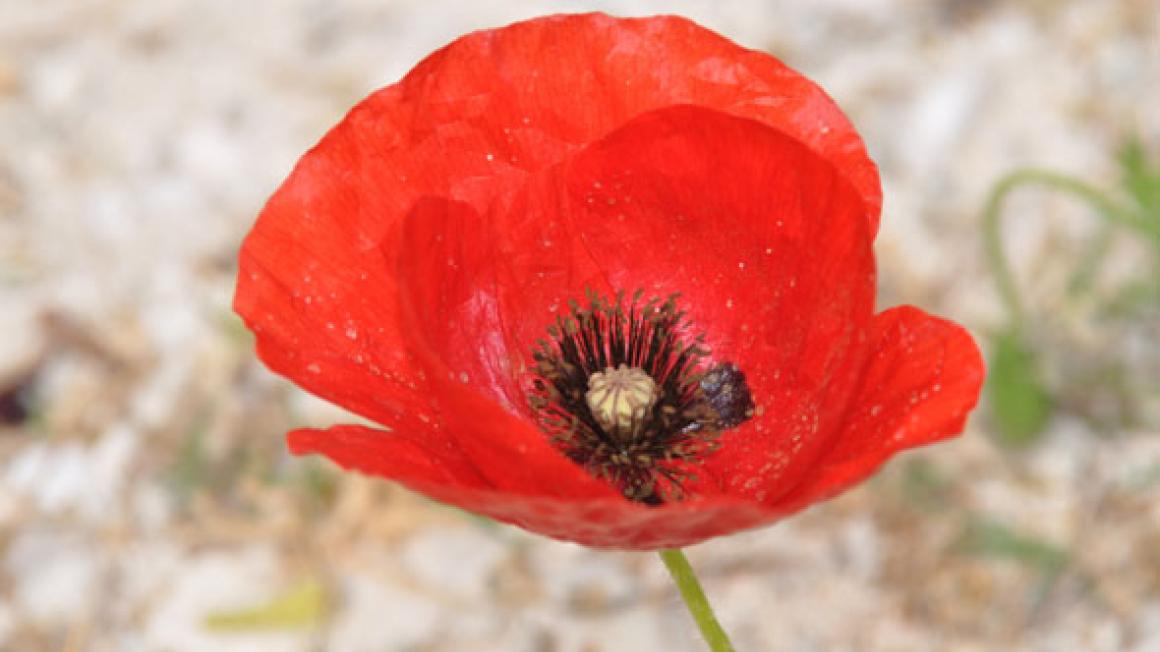Why I will never forget
It is true that soldiers want to go to war and it is also true that they don’t start them. And it was there, in the dust and the mess, that two men I knew were killed. From then on, whenever I heard names called on Remembrance Sunday, I waited for theirs.
I’m a civilian now. The last November I saw in uniform was in 2006 and again I was in Iraq, in Basra, where we were bombed most nights. It was in that crucible that I looked at the faces of my friends and wanted for nothing.
That’s what I remember every November. That there was this time when I wore a uniform, dug trenches and drank tea with friends in danger and that it was everything. And when I stand in front of a memorial now, I recall that night in Kuwait in 2003 when we sent our dead friends home, the air thick with heat and fuel. Still there is a sadness that men I knew, men still alive in photographs, lost their lives. But I am grateful to have stood with them. It was a privilege.
Soldiers make this promise to remember. You sign this piece of paper and swear that you’ll go forward when the fire calls. You also promise that you’ll never forget.
They may not shout your names in the street. They may not print pictures of you in the papers. They may never know you died or that you lived, that you were a boy or a girl who grew up, had a mum and a dad, and had friends who can’t forget you. That you put on a uniform and stood proud one day smelling of polish and brass. That you got an order to go, that you kissed that mum and dad goodbye, forever, and went. That you loved.
But among your colleagues you’ll be a soldier every day that there are men and women in uniform to remember. Your name will be in our ledger, in our heads; your stories will be told in the mess, the times you fell and the times you rose so tall we were shy around you.

We all made that promise, and in 2003, Remembrance Sunday started to mean something real to me. It meant my friends. Names I knew. And it isn’t just on that day in November. Memory doesn’t restrict itself to a day. Anything can remind me; when I see a young squaddie waiting at the train station, I remember being him. Each time the news says another one’s gone, I remember the day ours went.
Siegfried Sassoon wrote The Last Meeting nearly 100 years ago for a friend he ‘lost among the stars’ and how he may hear ‘his hushed voice’ call him ‘in the stir, Of whispering trees’. That’s how memory is.
It’s not about whether the war was right; it’s about the times we looked at each other and saw all the love and fear a person can have. The times when we felt like Walt Whitman’s Wound-Dresser who ‘could not refuse this moment to die for you, if that would save you’.
I know that the war my friends were lost in is seen as wrong. But were they ever wrong? In a world where cold money is the thing, was it ever wrong to go against the order and want nothing but to be a British soldier?
So here we are in 2014. They will say to remember Wilfred Owen’s words that it’s ‘the old Lie’, that I am one of the ‘children ardent for some desperate glory’, but this year marries the centenary of the birth of Laurie Lee and the beginning of the First World War.
Lee saw his war fighting fascists in Spain where he was ‘yet to learn that sheer idealism never stopped a tank’. This line strikes me not for the pleading of it but the truth: idealism never did stop aggression. It was boys and girls who put on a uniform. And that’s what I remember most: them.
For me this year, it’ll be Sunday at Lutyens’s cenotaph, cold and clear. But my mind will be back scratching trenches in Iraq with them. I’ll never forget them.
Adnan Sarwar served with the Royal Engineers in the Iraq war: www.adnansarwar.com



